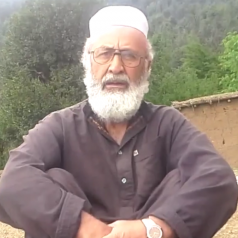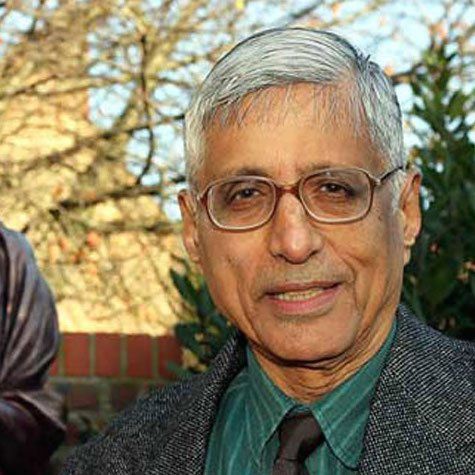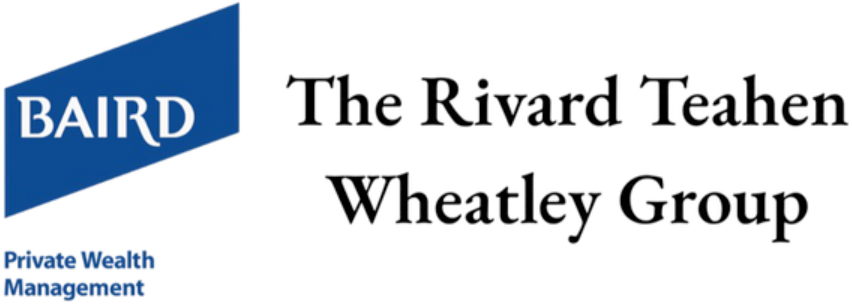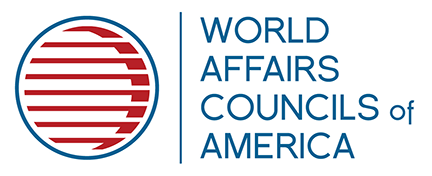Presentations
IAF Past Events
“AMERICA AND IRAN:
CONFRONTATION OR COEXISTENCE?”
CONFRONTATION OR COEXISTENCE?”

Reza Marashi, Research Director, National Iranian-American Council
Reza Marashi
Thursday, April 19, 2018
6pm at NMC’s Milliken Auditorium
The Trump Administration
has pledged to confront Iran and thwart Iranian ambitions in Iraq, Syria, Lebanon, Yemen and Afghanistan. To this end, the president has strengthened the U.S. alliance with Saudi Arabia, Iran’s principle foe, and urged allies to block Iran’s regional expansion. Meanwhile, Russian President Putin’s determination to consolidate Russia’s influence in the region includes selective cooperation with Iran. As Iranian influence grows in the region, where does this leave the U.S.?
The U.S. and Iran have a long history of cooperation and Iranian Americans are one of the most successful immigrant groups in the United States. Reza Marashi, research director at the National Iranian-American Council and former State Department policymaker, joins IAF to discuss where U.S.-Iranian relations might be headed.
About the Speaker
Reza Marashi
Reza Marashi joined NIAC in 2010 as the organization’s first Research Director. He came to NIAC after serving in the Office of Iranian Affairs at the U.S. Department of State. Prior to his tenure at the State Department, he was an analyst at the Institute for National Strategic Studies (INSS) covering China-Middle East issues, and a Tehran-based private strategic consultant on Iranian political and economic risk. Marashi is frequently consulted by Western governments on Iran-related matters. His articles have appeared in The New York Times, Foreign Affairs, Foreign Policy, and The Atlantic, among other publications. He has been a guest contributor to CNN, NPR, the BBC, TIME Magazine, The Washington Post, and the Financial Times, among other broadcast outlets.
Follow Reza on Twitter: @rezamarashi
“ON STAGE TOGETHER: AJMAL KHAN AND RAJMOHAN GANDHI”
Ajmal Khan and Rajmohan Ghandi
Two leading scholars look at the legacy of their families’ search for peace
Thursday, May 17, 2018
6pm at NMC’s Milliken Auditorium
When we think of Pakistan’s Northwest Frontier, we typically think of the Taliban and other forms of Islamic extremism operating freely across the border with Afghanistan. Professor Ajmal Khan, our special guest visiting from Pakistan, is well acquainted with the harsh violence of the region, having been kidnapped and held hostage by the Taliban from 2008 to 2012.
Khan will tell his story together with Professor Rajmohan Gandhi drawing on the lifelong struggle of the Gandhi (Hindu) and Khan (Muslim) families against violence and extremism. While Gandhi’s name is synonymous with non-violent civil disobedience, the story of Professor Khan’s family is equally compelling and includes Ghaffar Khan who became known as the “Frontier” (or Muslim) Gandhi for raising the largest army of nonviolent soldiers the world has ever seen to fight British rule with passive resistance and noncooperation.
The two families have maintained their friendship for almost a century, but this will be the first opportunity to hear them jointly discuss the struggle for nonviolent solutions, particularly in their homelands.
Through writing, speaking, public interventions and dialogues, Professor Gandhi has been engaged for 60 years in seeking reconciliation and establishing democratic rights. Professor Khan recently retired as vice chancellor of Islamia University in Peshawar and has been active in the main anti-Taliban party that has ruled northern Pakistan for almost 20 of the last 40 years.
About the Speakers
Ajmal Khan
Rajmohan Ghandi
“U.S./MEXICO – A BORDER IN TURMOIL”
Alfredo Corchado and Angela Kocherga
Two award-winning journalists who call the border “home”
Thursday, June 21, 2018
6pm at NMC’s Milliken Auditorium
Bringing to a close IAF’s 2017-2018 season, we welcome two seasoned journalists who have been reporting from both sides of the border for more than three decades.
Corchado is the Mexico City bureau chief of the Dallas Morning News, author of two remarkable books about U.S.-Mexican relations, and a noted expert on immigration, drug violence and the myriad issues facing the U.S. and Mexico.
Kocherga has an equally impressive background as a TV journalist reporting from the El Paso-Ciudad Juarez border region. She is currently borderlands director of the Walter Cronkite School of Journalism at Arizona State University.
About the Speakers
Angela Kocherga
Alfredo Corchado
IAF Event Information
IAF events are typically held at Milliken Auditorium at the Dennos Museum Center unless otherwise noted.
Event Location
Milliken Auditorium
1410 W College Dr
1410 W College Dr
Traverse City, MI 49686
Schedule
Reception:
5:15pm
Event:
6:00pm - 7:15pm
Available at the door: $15 or through membership
Free for current students and educators
Live-Streaming & Finding Past IAF Presentations
Not in town or can’t attend an event? IAF Events are now LIVE-STREAMED! Go to the IAF YouTube channel to view LIVE – or to watch the presentation later!
Past Events - YouTube































